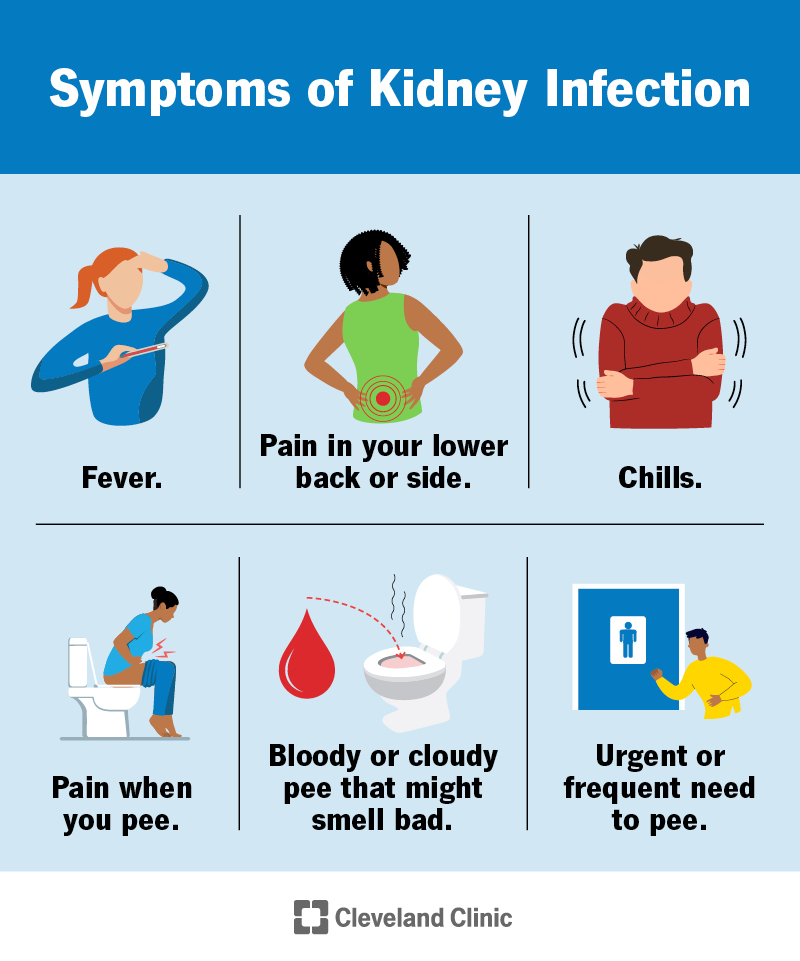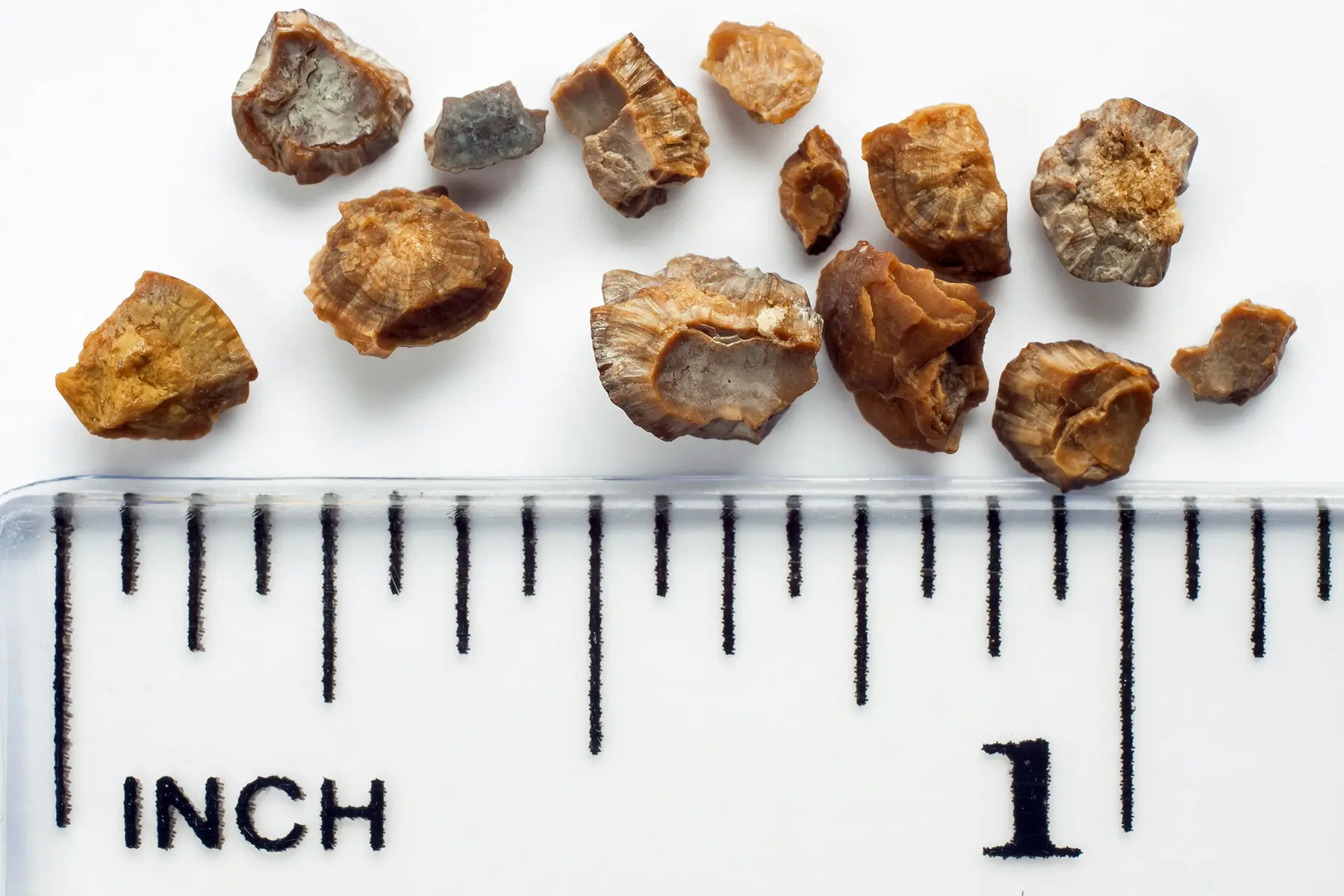Recognizing the Trick Differences In Between Kidney Stones and Urinary Tract Infections: A Comprehensive Overview for Clients
Understanding the differences in between kidney stones and urinary system system infections (UTIs) is vital for individuals that may be experiencing comparable signs yet face greatly various health and wellness challenges. While both problems can materialize discomfort in the reduced abdominal area or back, their hidden causes, analysis methods, and treatment protocols diverge dramatically. A nuanced understanding of these differences not only aids in precise self-assessment however additionally notifies conversations with doctor. As we check out these essential elements, it comes to be clear that identifying the distinct attributes of each problem can exceptionally impact client results. What could be the most effective strategy to dealing with these distinctions?
Introduction of Kidney Stones
The formation of kidney stones, a frequently devastating and agonizing condition, highlights the crucial relevance of maintaining renal health. The main types of kidney stones include calcium oxalate, calcium phosphate, uric acid, struvite, and cystine stones, each with distinctive causes and danger variables.
Several aspects contribute to the formation of kidney stones. In addition, metabolic conditions and particular medical problems may incline individuals to stone formation.
Signs of kidney stones can consist of serious flank hematuria, pain, and nausea, which usually trigger urgent medical assessment. Treatment options differ, varying from raised fluid intake and dietary modifications to medical interventions such as lithotripsy or surgical elimination, relying on the size and place of the stones. Comprehending these aspects is important for efficient prevention and monitoring.
Review of Urinary System Tract Infections
Urinary system tract infections (UTIs) stand for a common yet substantial health and wellness worry, influencing millions of individuals each year. These infections occur when germs get in the urinary system, which consists of the kidneys, ureters, bladder, and urethra.
The danger elements for establishing a UTI consist of sex-related activity, certain types of birth control, urinary system retention, and a history of previous infections. Straightforward UTIs are typically restricted to the bladder and are a lot more typical in healthy and balanced people, while challenging UTIs might involve the kidneys and occur in those with underlying health and wellness problems.
Motivate medical diagnosis and treatment are vital to prevent complications, such as persistent infections or kidney damages (Kidney Stones vs UTI). Commonly, UTIs are treated with antibiotics, and preventative procedures can be employed for those with frequent occurrences
Usual Symptoms Contrast
Symptoms of urinary system tract infections and kidney stones can typically overlap, leading to complication in diagnosis. In contrast, kidney stones tend to create serious, sharp discomfort that radiates from the back to the lower abdominal area and groin, frequently defined as colicky discomfort.
In addition, UTIs might be come with by fever and chills, specifically in much more extreme instances, while kidney stones can bring about queasiness and throwing up due to intense discomfort. Both conditions can cause blood in the pee (hematuria), yet the visibility of blood is more commonly related to kidney stones. While pain during peeing is a hallmark of UTIs, kidney stones commonly offer with even more sharp pain episodes, which may go and come. Comprehending these sign differences can assist clients in recognizing their problem, although clinical assessment remains important for accurate medical diagnosis and treatment.
Medical Diagnosis Methods
Just how can health care professionals precisely separate in between kidney stones and urinary system tract infections? The diagnostic process begins with a comprehensive case history and a comprehensive evaluation of the person's signs and symptoms. Medical professionals frequently execute a physical exam, which might expose inflammation in the abdominal area or flank region, assisting the diagnostic pathway.
Research laboratory examinations play a vital role in comparing these two problems. Kidney Stones vs UTI. A urinalysis can determine the existence of blood, crystals, or bacteria, which are indicative of either problem. In cases of urinary system infections, the urinalysis may show a substantial visibility of white blood cells and nitrites, while kidney stones may provide with particular crystals
Imaging studies, such as abdominal ultrasound or computed tomography (CT) scans, are vital for envisioning kidney stones. These imaging methods enable doctor to analyze stone size, area, and prospective blockages in the urinary system. In contrast, urinary system tract infections usually do not call for imaging unless difficulties are thought.
With each other, these analysis methods equip health care experts to accurately set apart and detect in between kidney stones and urinary tract infections, making sure that clients receive proper treatment and management.
Treatment Alternatives and Prevention
While both kidney stones and urinary system tract infections (UTIs) need punctual therapy, their administration methods vary significantly.
The treatment for kidney stones frequently involves pain management, hydration, and sometimes, other medical procedures such as extracorporeal shock wave lithotripsy (ESWL) or ureteroscopy to damage or remove down stones. People are frequently recommended to boost liquid intake to facilitate stone flow and reduce recurrence. Dietary adjustments may likewise be necessary, depending on the stone type.
On the other hand, UTIs are mostly treated with prescription antibiotics to eliminate the microbial infection. The details antibiotic prescribed relies on the germs recognized and neighborhood resistance patterns. Extra actions, such as increased fluid consumption and urinary system anesthetics, might assist ease symptoms.
Prevention strategies vary also; for kidney stones, keeping appropriate hydration and adhering to dietary limitations can be reliable. For UTIs, precautionary methods consist of correct health practices, urinating after intercourse, and possibly prophylactic antibiotics for recurring infections. Recognizing these treatment and prevention techniques is important for effective administration and to reduce the danger of complications related to both problems.
Verdict

Comprehending the distinctions in between kidney stones and urinary tract infections (UTIs) is crucial for individuals who might be experiencing comparable symptoms yet encounter greatly different health and wellness obstacles. The key kinds of kidney stones consist of calcium oxalate, calcium phosphate, uric acid, struvite, and cystine stones, each with unique causes and risk aspects.
